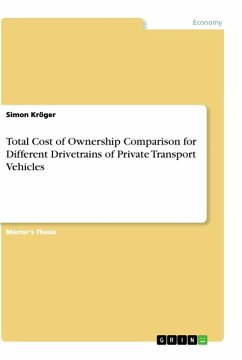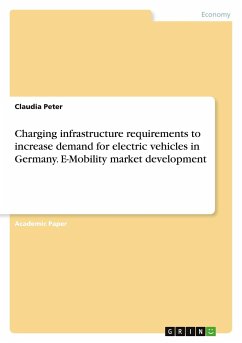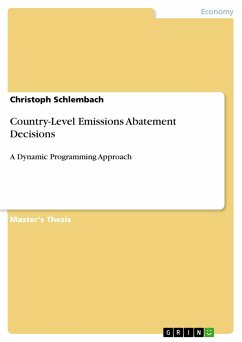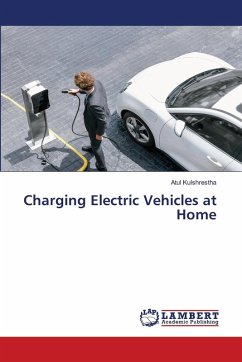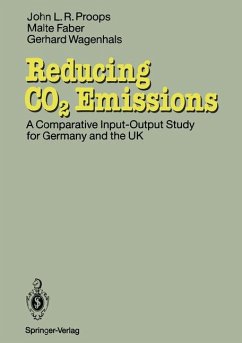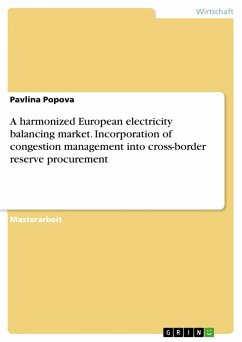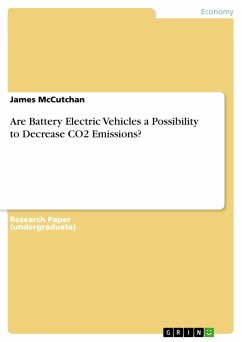
Are Battery Electric Vehicles a Possibility to Decrease CO2 Emissions?
Versandkostenfrei!
Versandfertig in 1-2 Wochen
18,95 €
inkl. MwSt.

PAYBACK Punkte
0 °P sammeln!
Research Paper (undergraduate) from the year 2017 in the subject Economy - Transport Economics, grade: 85, Monash University Melbourne, course: Environmental Engineering, language: English, abstract: With the number of vehicles on the world's roads expected to grow to 2.9 billion by 2050, steps must be taken to reduce the CO2 emissions from transport. Battery electric vehicles are becoming an increasingly pivotal way in which to curtail future road transport emissions.This study aims to determine the CO2 emissions stemming from battery electric vehicles and to compare those CO2 emissions to th...
Research Paper (undergraduate) from the year 2017 in the subject Economy - Transport Economics, grade: 85, Monash University Melbourne, course: Environmental Engineering, language: English, abstract: With the number of vehicles on the world's roads expected to grow to 2.9 billion by 2050, steps must be taken to reduce the CO2 emissions from transport. Battery electric vehicles are becoming an increasingly pivotal way in which to curtail future road transport emissions.This study aims to determine the CO2 emissions stemming from battery electric vehicles and to compare those CO2 emissions to the emissions from similar vehicles based on internal combustion engines. This study determines average passenger vehicle emissions in Melbourne, and models three common battery electric vehicles models. Manufacturer data was collected to determine battery electric vehicles modeled power consumption, as well as any efficiencies lost from charging and battery operation. Their energy consumption is combined with data on the CO2 intensity of the power generation mix in Victoria, modelling four different scenarios reflecting different carbon intensities of electricity generation.The research aims to answer the questions, if battery electric vehicles models are able to deliver a meaningful decrease in CO2 emissions. For although battery electric vehicles do not produce any tailpipe emissions, they depend strongly on electricity production which is predominantly from non-renewable sources in Melbourne. This infers they are less 'green' than one may think, especially when taking into account life-cycle emissions such as from battery production and disposal.This study looks at the relationship between energy consumption of battery electric vehicles and the CO2 emissions involved in generating electricity to charge them, and then compares this to the carbon emissions from comparable internal combustion engine passenger vehicles. This study also takes a look at modelling the possible future emissions reduction in the road transport sector by introducing battery electric vehicles into the existing fleet.



